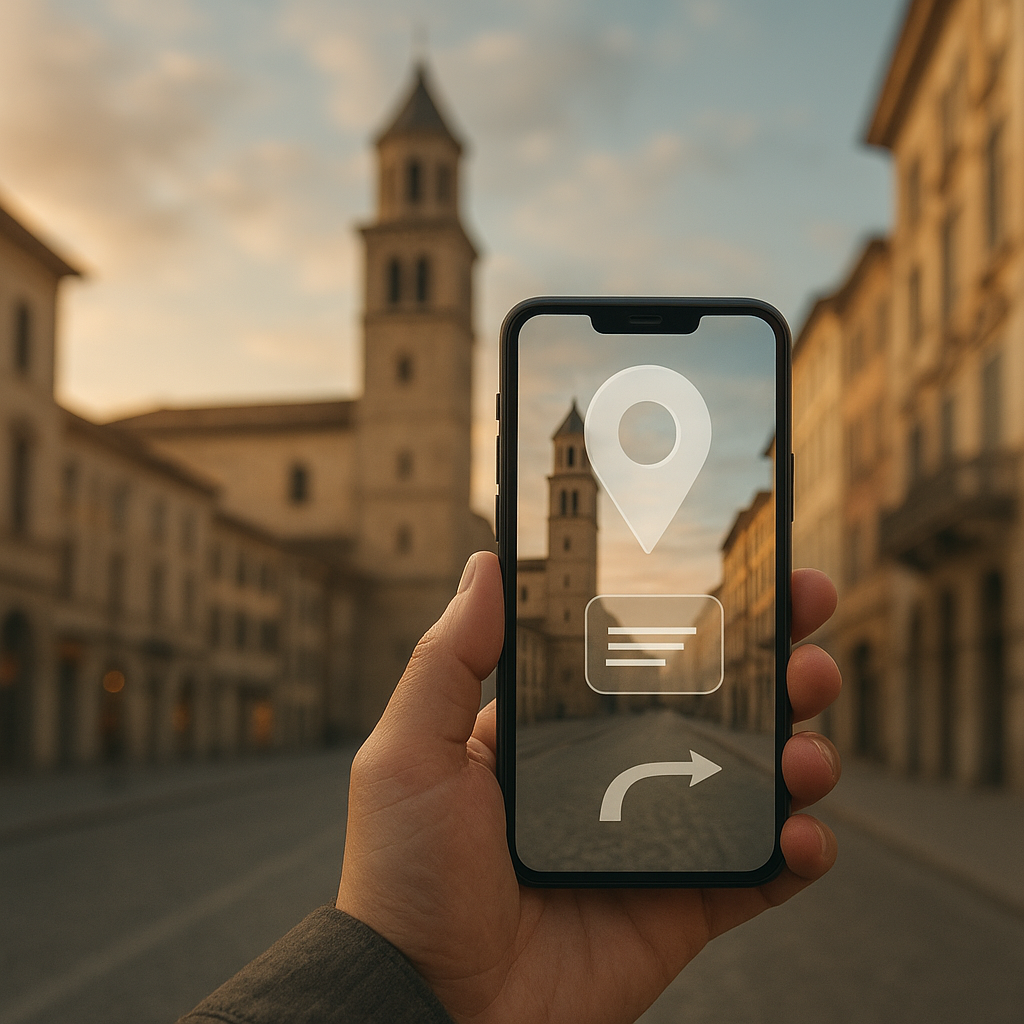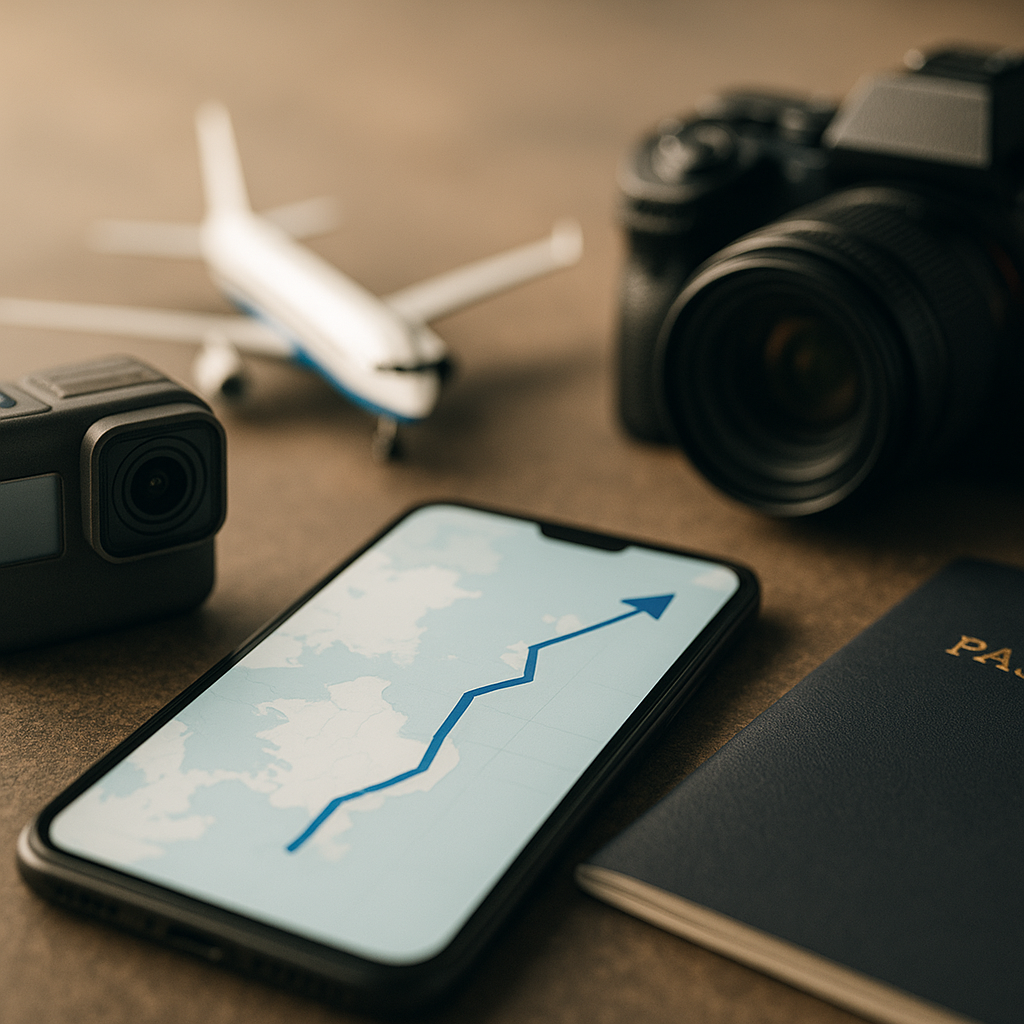How Augmented Reality is Enhancing Travel Experiences and Tourism
Augmented reality (AR) is transforming the tourism industry by offering immersive and personalized experiences to travelers. As innovative technologies advance, destination marketing organizations and travel businesses are leveraging AR to create engaging attractions, promote cultural heritage, and enhance travel planning.

The Rise of Augmented Reality in Tourism
Augmented reality integrates digital information with the physical world, providing travelers with captivating experiences that enrich their cultural explorations. From interactive guides to immersive history lessons, AR applications are being adopted globally, making travel not just a journey, but an experience filled with memorable moments.
Transformative AR Experiences
Some fetching examples of how AR is enhancing tourism include:
- Immersive Historical Tours: Cities like Barcelona and Rome use AR to animate historical sites, allowing visitors to visualize events from the past in real-time.
- Interactive Marketing: Destinations can create engaging campaigns utilizing AR applications. For example, Yas Island’s Metaverse offers virtual events that not only entertain but also inform travelers about local attractions.
- Cultural Heritage Promotion: In countries like Kenya, Tanzania, and Egypt, AR is being deployed to showcase cultural sites interactively, making the exploration of these regions more engaging and memorable.
AR Technology in Action
Various AR technologies have emerged in recent years that streamline various aspects of travel:
- AR Navigation: Applications that overlay navigational directions on real-world views help tourists easily find their way in unfamiliar cities.
- Language Translation: AR apps can translate signs and menus in real-time, reducing language barriers for travelers.
- Virtual Try-Ons: Retail experiences in popular tourist areas are enhanced with AR, allowing customers to virtually try on clothing or accessories before purchase.
The Role of Airlines and Travel Companies
Major airlines and travel companies are adapting to AR's influence by incorporating it into their services to improve customer experience.
- Airlines like American Airlines are utilizing AI-powered tools combined with AR to personalize travel recommendations and enhance customer interactions.
- Travel agencies are integrating AR into itinerary planning, helping potential travelers visualize destinations before making bookings.
Impact on Sustainable Tourism
As tourism continues to grow, sustainability becomes paramount. AR can play a crucial role in promoting sustainable practices:
- Promoting Lesser-Known Destinations: By highlighting off-the-beaten-path attractions through AR, travelers can disperse their visits from overwhelmed tourist hotspots.
- Educating Tourists: Programs that incorporate AR educate visitors about local ecosystems and conservation efforts, encouraging responsible tourism.
Looking to the Future
As AR technology continues to evolve, its implications for the tourism industry are profound. The adoption of AR is projected to increase significantly, with innovations rearranging conventional travel paradigms. The expected growth in AR's integration into the tourism industry could lead to:
- Enhanced Customer Engagement: More personalized and engaging experiences will likely result in higher traveler satisfaction.
- Growth in Digital Experiences: We can expect a rise in AR-driven events and experiences that attract remote travelers who want to engage with destinations virtually.
Conclusion
The integration of augmented reality into tourism presents a unique opportunity to redefine how we experience travel. By combining technology with culture, the tourism industry can not only enhance visitor experiences but also encourage sustainable practices. As more destinations adopt AR technologies, the landscape of travel will continue to transform, making way for informed, immersive, and responsible adventures.
Related video
Watch how AR is transforming tourism experiences
Related videos:








